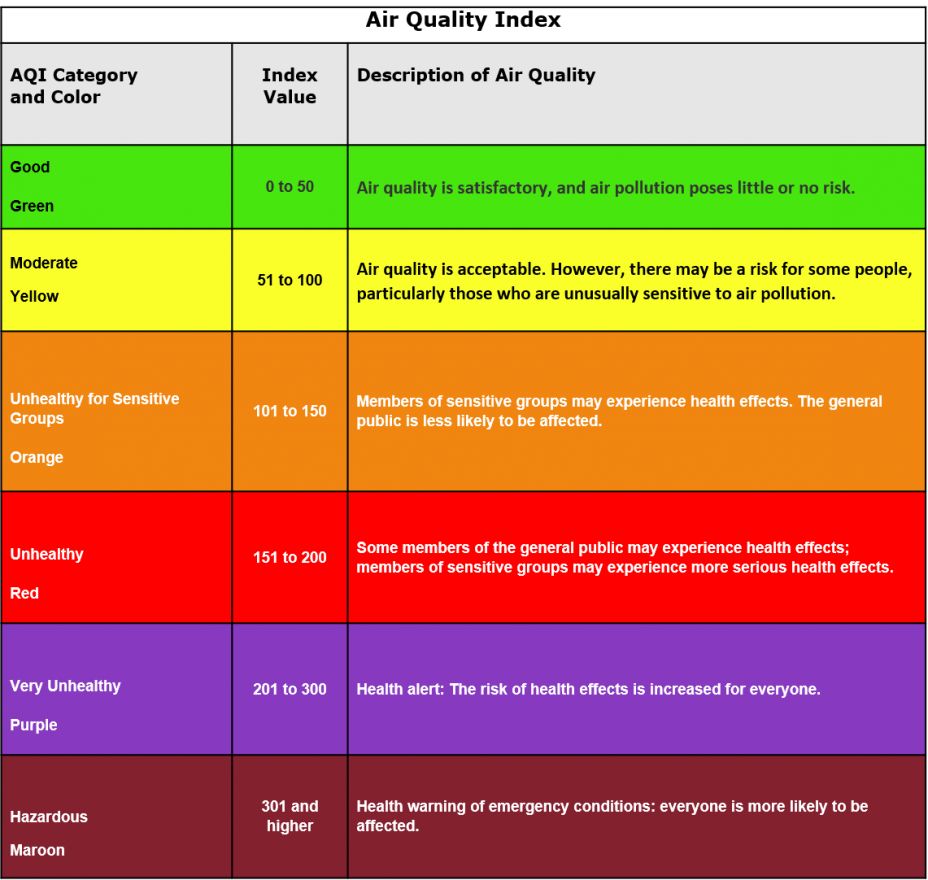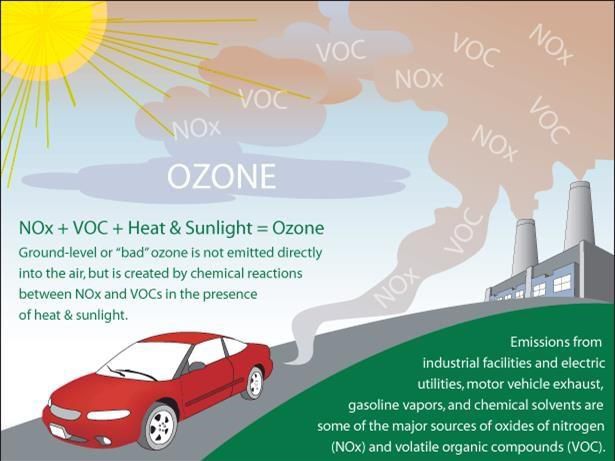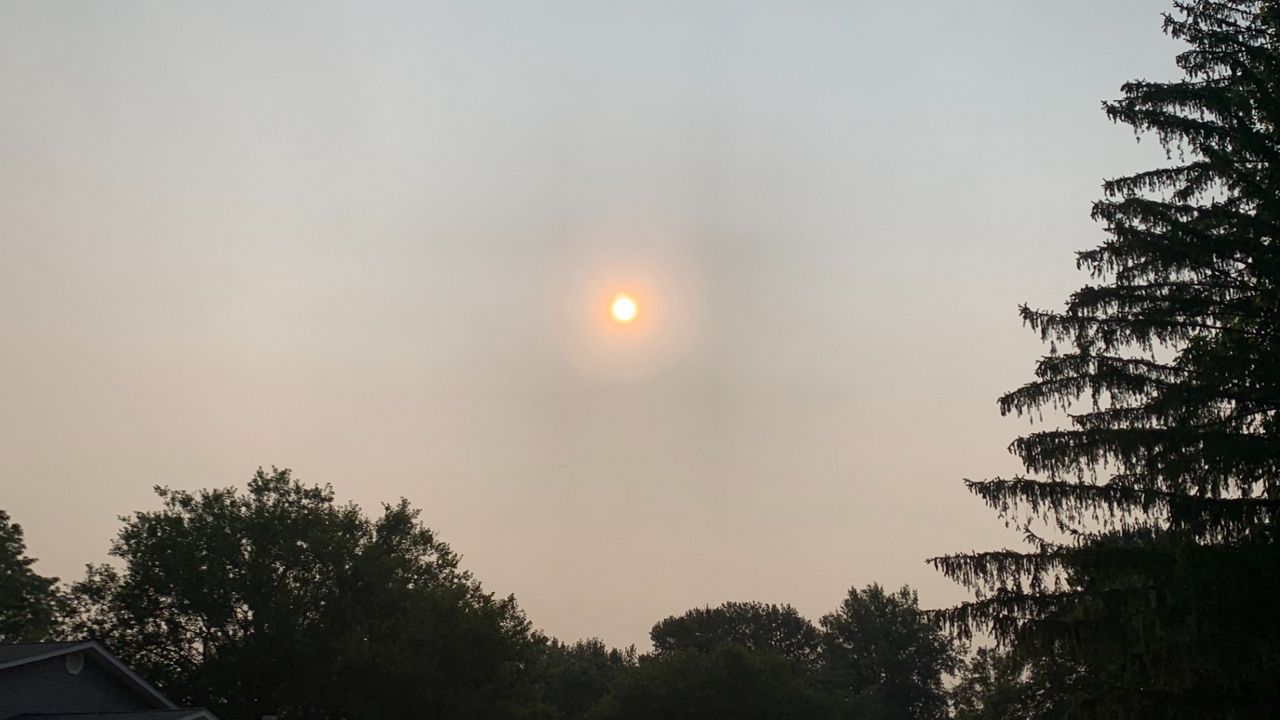When you step outside on a summer afternoon for a dose of fresh air, do you ever stop and wonder how “fresh” the air actually is?
Some people wouldn’t give this a second thought, but those who suffer from respiratory issues depend highly on air quality information.
The Environmental Protection Agency (EPA) is responsible for monitoring the air quality, and it uses an Air Quality Index (AQI) to keep the public informed. The index is color coded based on the level of health concern, and there are six levels.

Once a Code Orange is reached, Air Quality Alerts are issued since the index value is now over 100, which means unhealthy air quality for those in sensitive groups (e.g. elderly, young children, those with respiratory problems, etc.).
The higher the index value (which can get over 300), the more unhealthy the air is for everyone and outside time should be limited.
Ozone is one of the main pollutants that could lead to unhealthy air quality if the levels are too high. This most often happens on calm, stagnant, fair weather days in urban industrialized areas.
This is not the “good” ozone that forms naturally in the upper atmosphere and blocks us from the sun’s harmful UV rays. This is the “bad” ground-level ozone that’s basically a created chemical byproduct from man-made pollutants.

Other major pollutants that an Air Quality Alert could be issued for are:
- Particle pollution (particulate matter)
- Nitrogen dioxide
- Sulfur dioxide
- Carbon monoxide
When under an Air Quality Alert, you can help by minimizing your use of anything that helps pollute the air. For example, drive less, don't use gas powered equipment, and don't burn garbage or any other items.



